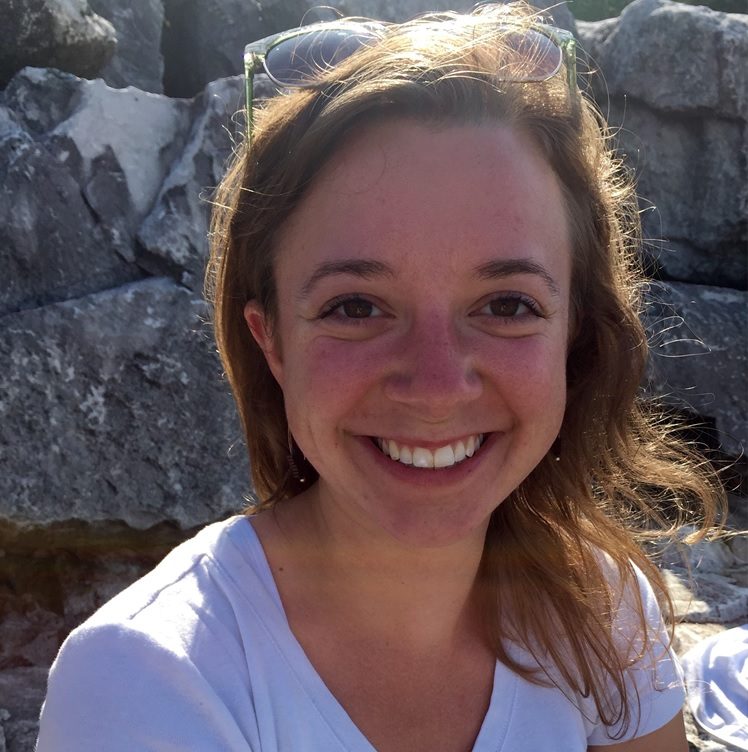
Tess Leuthner, BS
PhD Candidate in Environment; Integrated Toxicology & Environmental Health Program
Duke University
She / Her / Hers
Scientific scrutiny of the organelle mitochondria continues to expand, as mitochondrial dysfunction contributes to many human diseases, ranging from Parkinson’s disease, cancer, diabetes, to many other metabolic diseases. Almost every eukaryotic organism harbors this vital organelle, which contains its own genome; remainders of its once prokaryotic ancestor. However, the processes that underlie the origins and transmission of mutations, or changes in the sequence of the mitochondrial genome (mtDNA), are largely unknown. Here, Tess will describe how she has used key sentinel organisms as well as improved sequencing technologies to better understand the processes that regulate mtDNA mutagenesis, and how chemicals, such as the ubiquitous pollutant cadmium, affect mitochondrial genome stability.
About the Speaker: Tess joined the Meyer lab in 2016 as a PhD student through the Integrated Toxicology and Environmental Health Program. Her thesis is focused on understanding the effects of environmental toxicants on DNA, specifically those that can cause mitochondrial DNA damage. Using C. elegans as a model, she is investigating the potential for these stressors to cause mutations that can be passed on across generations.
Register HERE to receive the link for the seminar.
NOTE: You will need to submit a separate registration for each seminar you want to attend.
